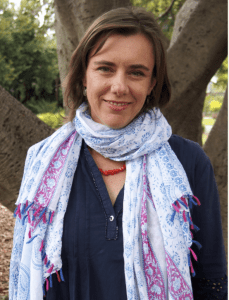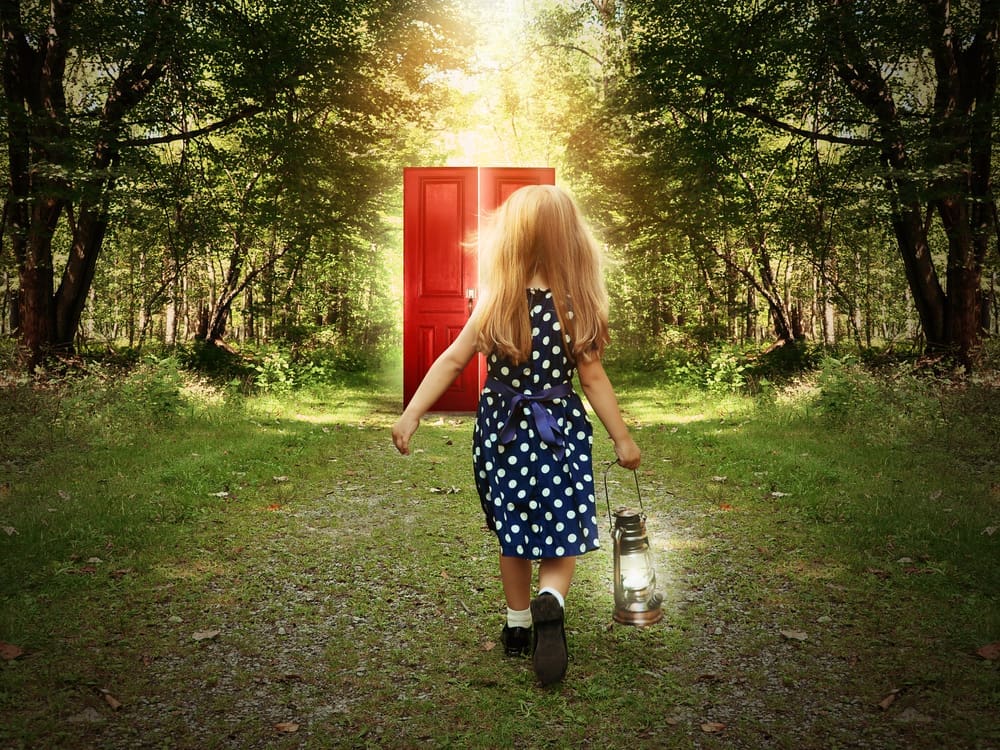By Sarah Sacks
Long after the children had gone to bed, I came home last night to learn that our youngest had asked the question “Dad…is the Tooth Fairy real?”
Three kids on, between us we’ve been asked this question many times and dodged it, in so many ways. But this time, my husband confessed he couldn’t turn away from her direct and insistent gaze.
In his recounting of the story, I learn there were tears from her around the relief in finally knowing the truth, especially as she was being teased at school for still “believing”. Combined with tears of confusion as it dawned another enormous step toward leaving her childhood behind.
Our youngest is 10 very soon. We live in a first world country, where everyone is busy. I was busy that night. For the children and the parents alike, there are places to be, classes to attend, meetings to be had. But at what cost?
Taking the time to slow things down and acknowledge for both ourselves and our children that transition is occurring is critical to everyone’s wellbeing.
For everyone change is hard. It is a time of moving from the known to the unknown. And with that comes fear. Fear of will I be enough to cope? Who will I become? Will be alone in this new world? Will someone be there to help me when I struggle in this new place? These fears, often exhibited as anxiety, are as true for a child as they are for an adult.
When change is occurring for a child and you recognize how scary and unfamiliar it is for them, how it is hard it is to say goodbye to what they have known, that there will be times that they will wish they could go back to the past, and that through all of it, you will be there for them – is one of the best gifts we can give our children.
The key here is time. It takes time to offer someone who is fearful or in pain the space to slow down, feel safe and experience.
Sometimes as parents our child’s pain is more than we can bear, at others we may feel some guidance may be necessary. In these instances, professionals experienced in working with children can help.
Finally take a moment and think about how you navigate change and what you do to address your fears and anxieties during transitions. As parents it is these moments of modeling, combined with the times of being with our children as they try to navigate their own struggles, that will largely define our children’s capacity to tolerate change. For you and your children, slow down and take time to be with both your and their experiences. You are giving your child a gift.
I wasn’t there yesterday when the big question was asked and the truth revealed, but today I met our daughter at the school bus, so that we could spend the afternoon together. On our walk home, she tells me about her chapped lips and that the best lip balm is “the one Santa gave me…I mean you gave me”. We talk about how it makes her cry to think of Santa and the Tooth Fairy not being real. And I am quietly thinking how it makes me cry, seeing our littlest growing up. It is a transition for all of us, that we all have to navigate. Holding each other along the way.

About the Author: Sarah Sacks
Sarah is a qualified and experienced counsellor, meditation teacher and group facilitator.
Sarah’s years of body based based practices, in meditation and yoga, have led Sarah to believe in the inherent wisdom of the body. In line with this belief, Sarah has trained and qualified as a Whole Body Focusing Orientated Therapist, Transpersonal Counsellor, Holistic Counsellor, Meditation Teacher and is currently continuing her training in Group Psychotherapy Facilitation.
Over the last 5 years Sarah has worked in the not-for-profit sector, the community health sector and privately, as a generalist counsellor and group facilitator. Sarah has experience working with children, families and adults around issues of; isolation, anxiety, depression, grief, loss, trauma, anger, separation, addiction and general mental health.
Sarah’s warm and intuitive counselling style, along with her extensive life experience, enables Sarah to gently support her clients towards their own path of change.
Qualifications – Bachelor of Holistic Counselling, Diploma of Transpersonal Counselling, Bachelor of Business (International Marketing & Trade), Diploma of Arts (Japanese), ACA (level 2), qualifying member for CAPAV
You can find Sarah at The Grove Counselling and Therapy and on Facebook.
See the The Grove’s ‘Training and Events’ page for more information about training and events offered by the Grove, including Wholebody Focusing Training. This program is open to anyone interested in conscious living and connecting directly to their own body wisdom, and will be of particular interest to therapists and body/movement focused practitioners.


I love your article on anxiety in children I have had my grandson in my care for two years he has special needs I am concerned that I FEEL PRESSURED to put him on anxiety medication he was on ritulin and epilem last year and have managed to get him of both of these I now use homeopathic kids calm he is great at home and has a meltdown maybe once every ten days at school I am concerned that professionals see the need for anxiety medication as an answer to his problems he is only 11 yrs old margaret
It’s great that you are such a strong advocate for your grandson and his capacity to manage without medication. Unfortunately, there are a lot of professionals who consider medication as the first response to anxiety, but there are also many who would only consider it as a last resort. If you could find a professional who has the same philosophy as you, who considers medication as a last resort, that might be a source of great support for you.